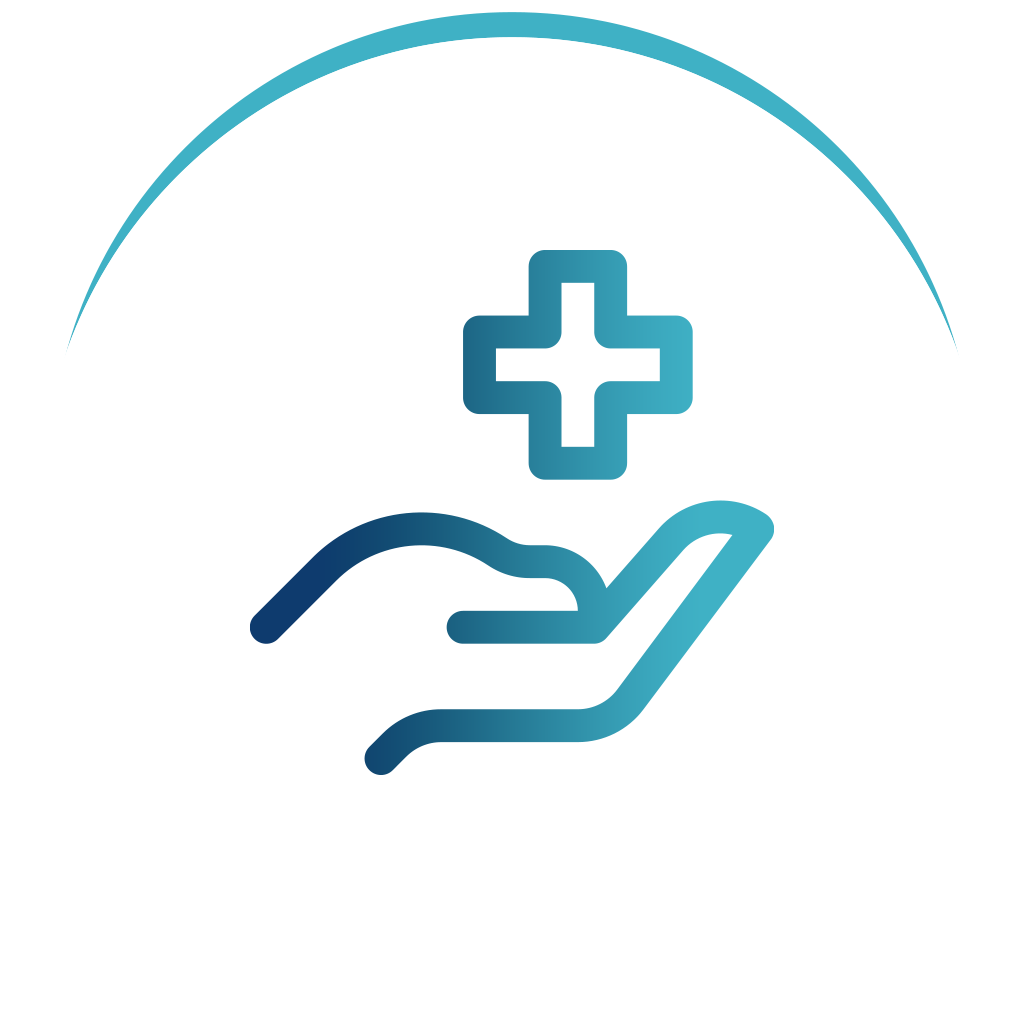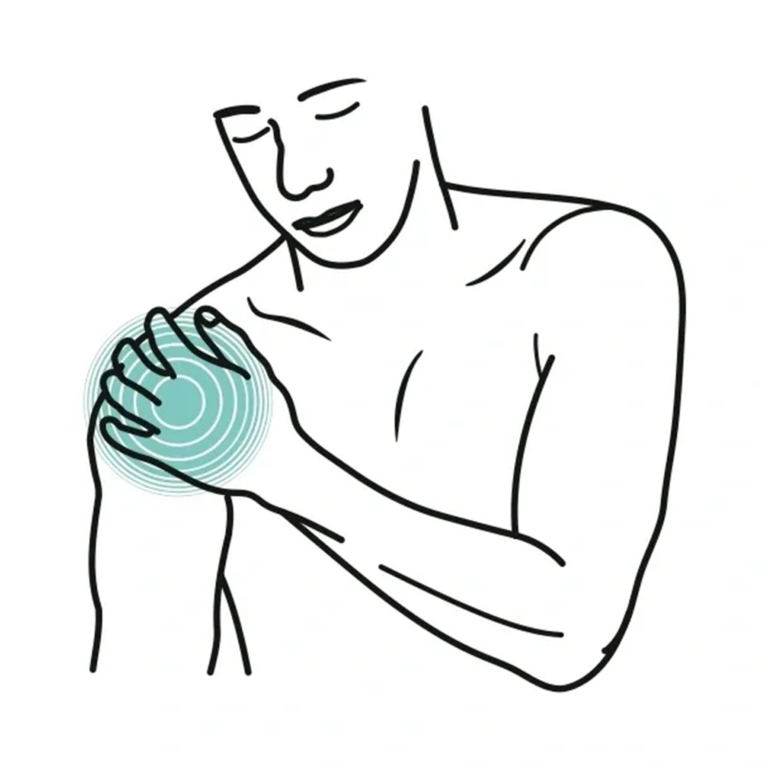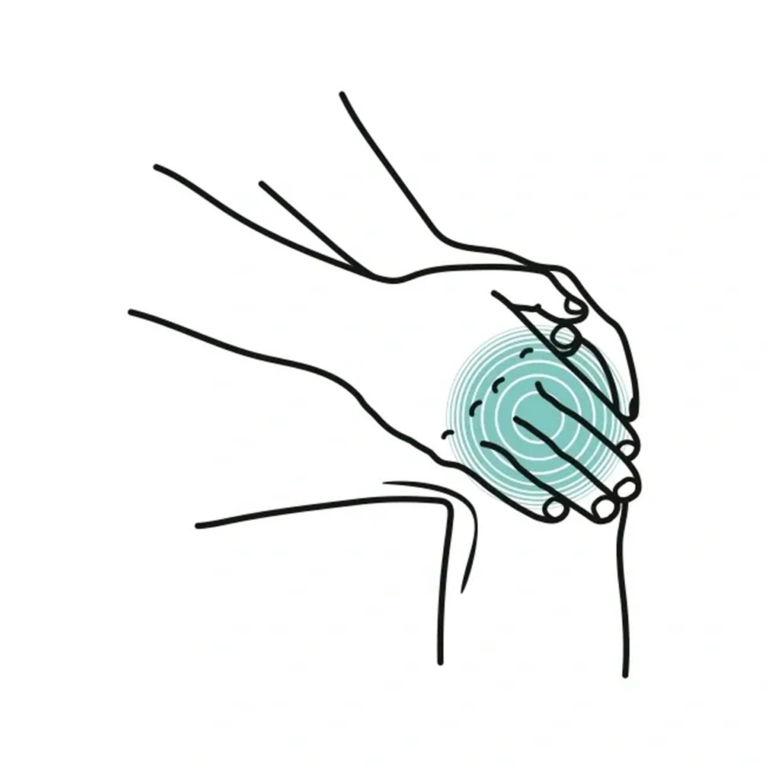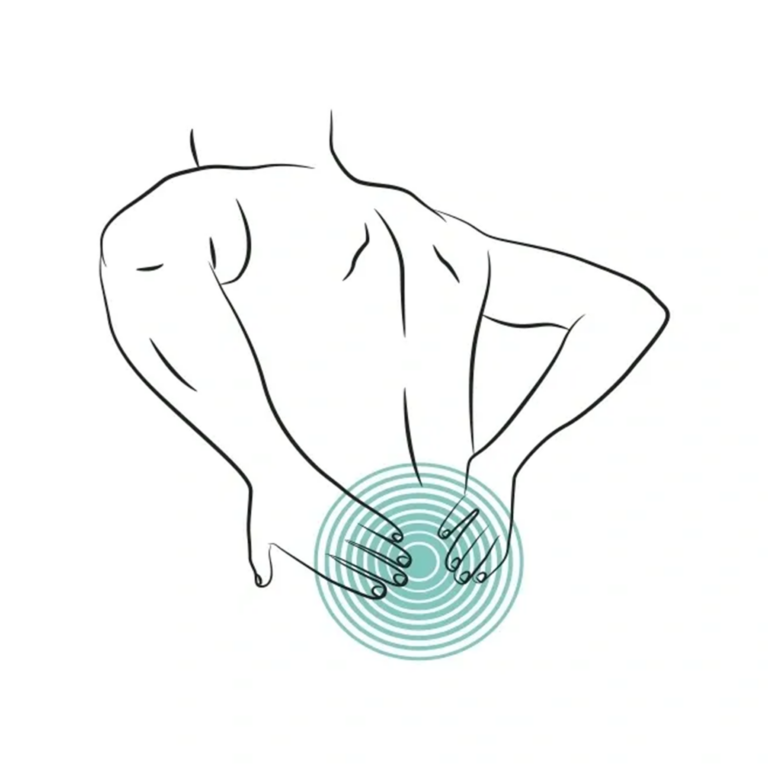Nerve Block Trials
A first step toward lasting relief—find the source, feel the difference.

What is Nerve Block Trials?
A minimally invasive, nonsurgical procedure that can temporarily relieve or block joint or nerve pain. The procedure is used as a diagnostic test to determine if the pain is actually coming from the nerve of the joint. If the trial is successful, your provider will recommend moving forward with radiofrequency ablation.
Who is a candidate?
Nerve blocks can be used to diagnose nerves involved in pain from:
- Facet joints of the spine
- Hip joint, sacroiliac joint and coccyx
- Shoulder, elbow, and hand
- Knee, ankle, and foot
- Occipital, saphenous, pudendal nerves


Personalized Treatment
Customized plans based on your unique medical history and pain

Comprehensive Care
Regular monitoring and adjustments to ensure optimal pain relief.

Improved Quality of Life
Enhanced daily function and reduced pain levels.
Most Common
Joint Injections

Suprascapular Nerve Block
This injection is a diagnostic test that will help diagnose and treat shoulder-related pain.

Genicular Nerve Block
This injection is a diagnostic test that will help diagnose and treat knee-related pain.

Medial Branch Block
This injection is a diagnostic test that will help diagnose and treat back and neck-related pain from facet joints.

What to Expect
During Your Treatment
1
During the procedure
- Fluoroscopy, a form of X-Ray, is used to help guide a hollow needle through the skin and into the region responsible for your pain.
- When the needle is in the desired position, the anesthetic is injected. The needle is then removed.
- One or several blocks may be performed, depending on the location of the pain.
2
After the procedure
- Most patients can walk around immediately after the procedure.
- After being monitored for a short time, you will be able to go home.
- You will be asked to record your levels of pain during the next few hours in a pain log to help determine the success of the procedure.
- You will experience your pain return as the medication wears off.
- This information is then used to determine whether radiofrequency ablation is the appropriate next step.
3
Results of the procedure
A nerve block can provide temporary pain relief, but is mostly used to determine the source of your pain and the next steps of your treatment plan. You can expect one of the following outcomes:
- The procedure is considered a success and your provider will recommend moving forward with radiofrequency ablation.
- You did not get the pain relief expected. Your provider will reevaluate your treatment plan and evaluate other treatment options.
Preparing for Your Appointment

CONSULTATION REQUIRED
Ensure you have a referral and necessary medical records.

ARRIVAL
Arrive 20 minutes early to complete initial paperwork.

DOCUMENTATION
Bring your Photo ID, insurance card, updated medication list, and any relevant imaging reports.


Ready to Manage Your Pain?
Take control of your health with our personalized and comprehensive treatment solutions.
Patient Testimonials
Helpful and Understanding Staff
Awesome staff always there for me khristina is awesome listens to her patients can’t say enough thank you so much
Doctor Who Really Listens
This doctor took the time to listen to me and actually read my MRI and discussed it with me and is one of the nicest doctors I have been to. The entire staff is wonderful and caring. Highly highly recommended.
They Help You Live Better
Wonderful people that truly care about helping you achieve a better quality of life
Friendly and Comfortable Atmosphere
The Doctors and staff are very friendly and make you feel comfortable.
Nice and Caring Staff
I have been a patient for a year staff are always nice and caring I would recommend to anyone
They Treat You Like Family
They are great with you and help u get better they treat you like you are family
They Actually Listen
Excellent doctors Very compassionate and helpful they actually listen to your needs.
Sweet and Reliable Team
Never have had a problem the staff and the doctor is so sweet. I would recommend anybody to come here.
They Listen and Make Sure Things Fit Right
The doctor’s and staff are compassionate and they listen to me when I have issues. My new back brace fits. Thanks for all you do for me
Always Leave With a Smile
It’s a great place, you will leave with a smile ?? , every time!!!.. Thanks to all the guys at Arkansas pain specialists. Great job.
Amazing Team That Truly Listens
Doc,Kristy, and all the staff are amazing and they treat you right. They listen to your concerns.
Always Treated Well by Everyone
I’ve always been treated well from everyone from the front desk staff all the way up to seeing my Dr.
Relief for My Neck and Back
Love this place! Great staff n great docs. They have done great things for my neck and back, I highly recommend Arkansas Pain Specialists! ????
Couldn’t Ask for Better Doctors
Amazing doctors! Incredible people! They will listen to everything you are concerned about and address it. I couldn’t have wished for a better doctor.
They Listen Without Judgement
This place is extremely good! I would recommend This place to anyone that is looking for a extremely good Listener and someone who doesn’t judge and cares about what you have to say and will answer any questions you have and people who have Sooner Care and that’s all the insurance they have no worries you’re covered
Doctors Who Truly Care in Tough Times
Drs here are all about helping me get through my day. I have stage 4 cancer and kidney failure these doctors CARE. I’ve been in pain mgmt. for many years and wish I had found these doctors longgggg ago.
Best Pain Relief Team Around
I have nothing to say but the best treatments from there team they will try there best to keep you out of pain and he is so awesome and does the best to help you and the nurse is so awesome I would never want to go any where else so I sure pray that they will always be there to treat people like me if you are looking for the best then look no further than here because you will not find another place that will help you like they do I really appreciate what they are doing for me thank to all the staff ?? ?
Great Doctors and a Clean Office
The Dr.s here are very kind and professional, and hygienic. They help those who need their help. Staff is kind, understanding knowledgeable. It’s a great dr.’s Office. What else could I say.
Like Family and Very Knowledgeable
The Drs are wonderful their assistance make you feel like family the receptionist are very nice I would never go anywhere else the whole staff Drs and all are very professional very knowledgeable thank you so very much for all the help you do for my back.
Professional, Caring, and Clean
I love them they are very professional and care about their patients needs . Always clean and they work with you to ensure your getting the best treatment
Respectful and Professional Treatment
I’ve been seen here for over a year. The care has been fabulous! Treated professionally with empathy and not feel like a criminal. This goes from the front desk to back office. Thank you APS
Compassion That Changed My Life
They have the best staff!!! Im treated soooooo well from everyone at this practice with fantastic compassion it’s been life changing I feel like I can enjoy being a grandmother again, a Nana that’s able to enjoy living a nice active and productive life again. Once again Thank you!!
Always Polite and Professional
I have a very pleasant visit each time. Everyone has always been very polite and professional. Worth the drive! ??
Feels Like I’m Truly Cared For
Only the very best care, from the time I walk-in the door and get checked in, till the appointment is finished. NP Kristina Dean takes the time to talk to her patients and I always leave feeling like she cares about her patients.
Great First Impression and Friendly Service
Was very impressed first doctors visit you get into on time the staff was friendly and the doctors was friendly as well he answered all my questions and things I needed to no !! Thank you
Punctual and Accessible Experience
Amazing staff, super nice and great to chat with! We are actually seen at our appointment time! I feel very heard when it comes to my pain and what I’m feeling. It’s a very nice facility, staff and experience. They are wheelchair accessible and the handicap buttons actually work!
Years of Trust and Amazing Care
I can not say enough about all the staff here! They are all so amazing and Dr. D is amazing, he cares about helping you. I know he became a doctor to make the money as well as help his patients, and he does go above and beyond for you! I am blessed to have been going here for i guess close to 8 years now. I started with Doctor Whatcott, and was leary when he said he was retiring. I have to say he couldn’t have found a better replacement for the clinic! Thank you Arkansas Pain Specialists, without you all doing such an amazing job….well quality of life would surely be miserable! This place ROCKS!!!!
Kind and Attentive Staff That Truly Care
I absolutely love the girls that work there. Megan, Lana, Kat….and Dr. D is amazing. He cares and he listens to you. They have all gone above and beyond to be kind and to take excellent care of me. I would tell anyone if you are looking for a staff and a doctor who cares this is the place to be. I appreciate everyone I come into contact with there. Receptionists are also very sweet! Thanks Arkansas Pain Management, you all rock!!!

